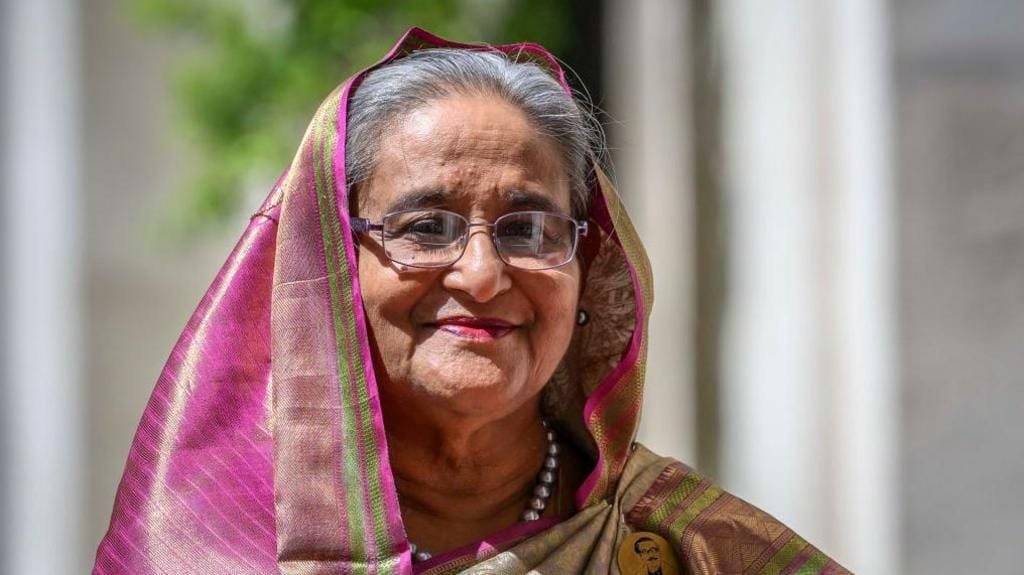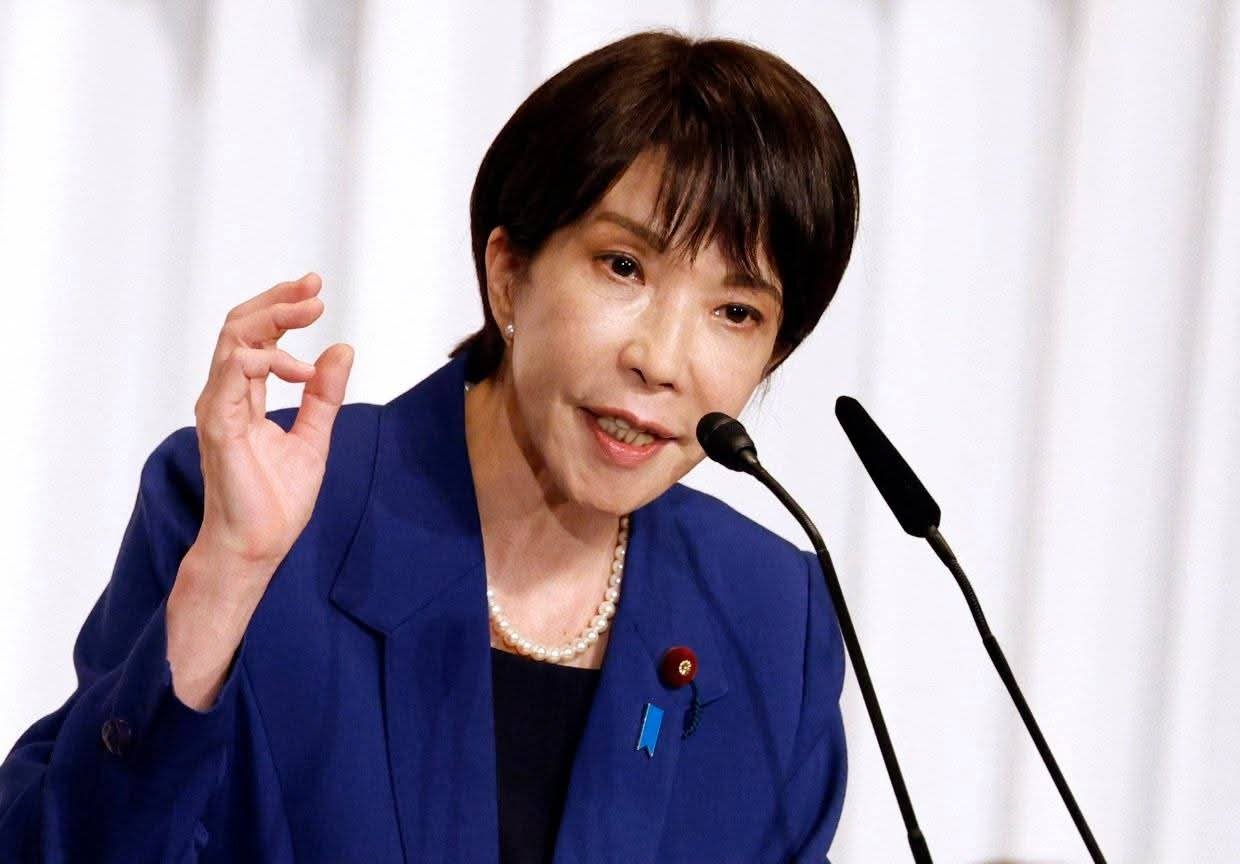By Vijay Oraon | firstpeople.in
China’s open support for Pakistan during India’s Operation Sindoor — a recent high-intensity military or strategic action — is being seen by many Indian observers as a strategic mistake. While Beijing may have sought to pressure New Delhi regionally, it inadvertently triggered an ideological shift that could haunt its long-term interests.
From Prime Minister Narendra Modi’s public greetings to the Dalai Lama, to rising Indian voices rejecting the One China Policy, Beijing’s actions are pushing India to reopen the Tibet question — a card long held, but rarely played.
🇨🇳 China-Pakistan Axis: Tactical or Overconfident?
Beijing’s expression of solidarity with Pakistan during Operation Sindoor follows its historical pattern of shielding Islamabad — be it through vetoing UN resolutions on terrorism or supporting it militarily through CPEC (China-Pakistan Economic Corridor). However, doing so while India was asserting its sovereignty militarily came across as an open provocation.
China possibly misread the Indian mood — no longer bound by silent diplomacy, and increasingly ready to speak on issues that strike at Beijing’s core vulnerabilities.
🇮🇳 Modi’s Dalai Lama Message: A Quiet Earthquake
For decades, Indian leaders avoided publicly acknowledging the Dalai Lama’s birthday or Tibetan causes, fearing Chinese retaliation. But in recent years, PM Narendra Modi has publicly greeted the Dalai Lama on his birthday, calling him a “spiritual leader for all humanity.”
This may appear symbolic, but it is a quiet diplomatic earthquake — one that sends a clear message: India is no longer afraid to acknowledge Tibet’s unique identity, nor is it unwilling to challenge China’s sensitive areas when provoked.
🕉️ The Dalai Lama’s Reincarnation: India vs. China
The Issue:
The 14th Dalai Lama, currently in his late 80s and based in exile in Dharamshala, has repeatedly emphasized that his reincarnation will not be born in Chinese-occupied Tibet and may occur in a free country — possibly India. He has also hinted that he may choose not to reincarnate at all, thus ending the institution if Tibet is not free.
China’s Reaction:
China, on the other hand, has claimed that any future Dalai Lama must be born in Tibet and approved by the Communist Party of China. This claim — a government choosing a religious reincarnation — has sparked global outrage.
For India, this is an opportunity to assert that:
Tibetans in exile — not Beijing — should determine their own spiritual future.
India may provide sanctuary for the next Dalai Lama, strengthening its moral and spiritual stature globally.
In 2022, a Chinese foreign ministry spokesperson warned India to “stop using Tibet-related issues to interfere in China’s internal affairs.” This was in direct response to Indian political and media statements about the Dalai Lama’s future.
India’s response was measured but clear: The Dalai Lama is a respected guest and spiritual leader. His faith and followers are not political pawns.
📍“India Borders Tibet, Not China” — A Growing Narrative
Indian intellectuals, journalists, and strategists are now increasingly revisiting a key historical truth: India signed no formal agreement recognizing Tibet as part of China.
The phrase gaining momentum in policy circles and civil society is:
“India does not share a border with China — it shares a border with occupied Tibet.”
This is not just rhetoric. It directly challenges China’s legitimacy over the Tibetan plateau, which was annexed by the PLA in 1950 through force.
By supporting Pakistan militarily and diplomatically, China may have pushed India to revive this debate — and that has significant geopolitical implications.
🕌 Xinjiang, Human Rights, and Hypocrisy
The contradiction in China’s support for Pakistan becomes more glaring when one looks at Xinjiang, where over a million Uyghur Muslims are detained in “re-education” camps. While Pakistan remains silent on this — despite claiming to be a voice for Muslims — Indian thinkers and media have started pointing out this hypocrisy.
In contrast, India is:
Hosting the Dalai Lama and the Tibetan parliament-in-exile
Raising awareness (albeit cautiously) about repression in Xinjiang and Hong Kong
Challenging China’s moral high ground at international platforms
🌏 Global Shifts and India’s Strategic Realignment
By aligning openly with Pakistan during a sensitive military moment for India, China:
Alienated Indian public opinion further
Invited India to engage Tibet and spiritual diplomacy more boldly
Strengthened India’s resolve to join democratic coalitions like the Quad
Gave India a reason to challenge the One China Policy — silently, but steadily
🧭 Conclusion: Beijing’s Blunder, Delhi’s Awakening?
Operation Sindoor may be a chapter in India’s ongoing military evolution, but China’s reaction has unintentionally opened a new ideological front.
India’s Tibet card — once kept in the drawer — is now on the table.
The Dalai Lama, once politely acknowledged but kept away from political focus, is now becoming a symbol of resistance and moral clarity against authoritarian expansion.
If China believes it can dictate religious succession, suppress ethnic identities, and interfere in India’s regional interests without consequence — it may have underestimated India’s new geopolitical maturity.
The next Dalai Lama’s birthplace may not just be a spiritual matter — it may become a diplomatic battleground. And China’s misstep during Operation Sindoor might just have sparked that fire.












